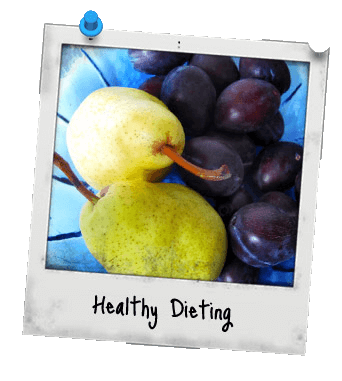Everyone needs enough calories to sustain the calories that are burned through the day and restricting your diet too much can be dangerous. It can also lead to eating disorders such as anorexia and bulimia. There are nutritious benefits from every food group, so do not limit yourself to only a few food groups.
What are symptoms of dangerous dieting?
- Dieting but not overweight/obese
- Headaches, nausea, dizziness
- Poor academic performance
- Eating/bingeing in secret
- Fear of food
- Vomiting or using laxatives – this is a sign of bulimia
- Withdrawing from family and friends
- Wearing baggy clothes to cover up
So what is the best way to maintain a healthy diet?
The key is limiting how much unhealthy foods you eat. Eat fruits or vegetables with every meal you eat. Aim for lean meats rather than fatty meats. Cut back on fried food and candy. Replace soda and sports drinks with water. This does not mean you can’t consume these products ever again, just that replacing them with a healthier option when possible will be ideal for your body. Remember that food is fuel, and it is all about balance! If you are considering following a specific type of diet, talk to a doctor or nutritionist who can decide what the best diet is for you.
What are good eating habits?
- Drink milk. Drinking milk has benefits such as providing protein, calcium, and Vitamin D.
- Aim for five portions of fruits and vegetables per day; this can be 2 cups of fruit and 2-3 cups of vegetables.
- Be sure to drink enough water throughout the day. A good rule of thumb is to try to drink half of your body weight in ounces. For example, if you weigh 140 pounds, aim to drink about 70 ounces of water.
- Incorporate fiber, vitamins and iron into your meals. A good way to do this is by eating whole grains.
- Eating a balanced breakfast everyday can improve energy levels throughout the day, improving memory and focus. Eating breakfast also plays a big role in regulating your appetite throughout the day.
- Eat high-protein foods like tuna, chicken, beans and eggs.
